
While Internet denizens celebrate the web’s “official” 25th anniversary today, we might pause to recognize how confusing and uncertain “inventions” and “births” sometimes are.
Read more »

While Internet denizens celebrate the web’s “official” 25th anniversary today, we might pause to recognize how confusing and uncertain “inventions” and “births” sometimes are.
Read more »

What I mean by “transnational television co-production,” the tensions that shape it, and why I think it’s worth studying.
Read more »
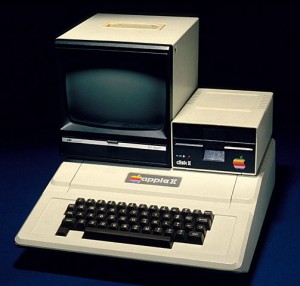
To paraphrase Robert Allen and Douglas Gomery in Film History: Theory and Practice, media depends on machines. Technology contextualizes industrial and stylistic change, reveals and obscures sites of cultural negotiation and meaning, and enables new modes of media production, circulation, and reception. The significance of technology to media studies has only become more acute...
Read more »
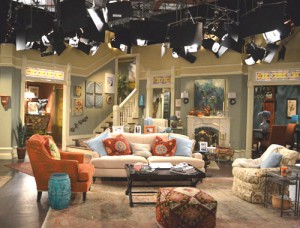
How do we teach television aesthetics, and what does it mean to analyze or evaluate television aesthetics?
Read more »
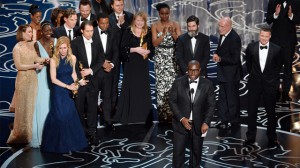
The 2014 Oscar theme may have been “Heroes in Hollywood,” but the narrative that formed was the film industry’s contestable progress and diversity.
Read more »

Comedy Central has long courted young men with disconcerting portrayals of women, but several of its programs this spring provide small indications of a different politics of representation.
Read more »

it’s not enough to talk about individual companies trading in on the Olympics: many of the corporate sponsors are making money off of other companies making money off of the Olympics
Read more »
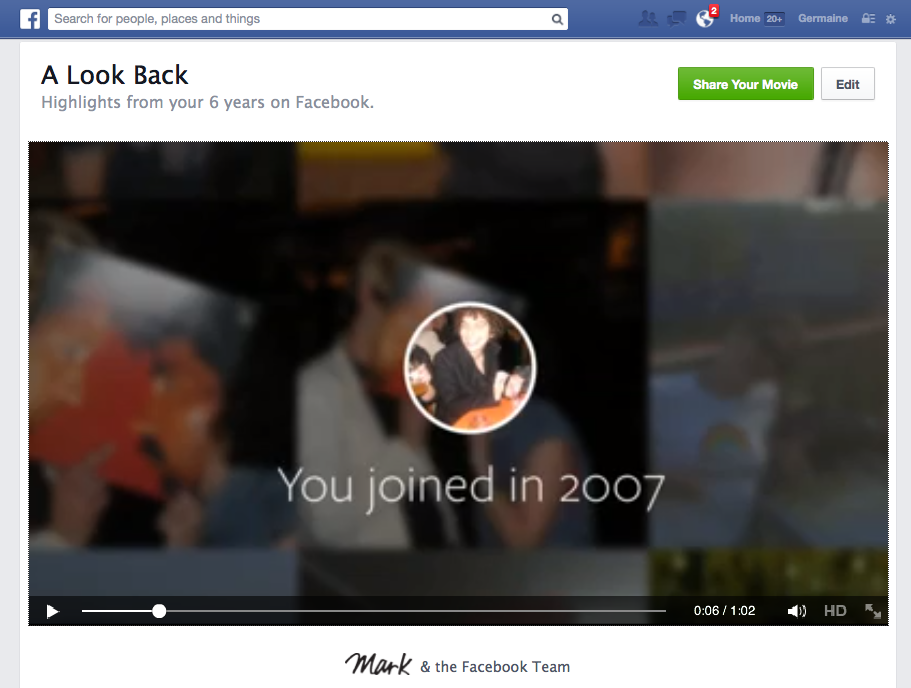
My Facebook "Look Back" video was so curiously curated, uneventful, and unrepresentative of how I perceive my Facebook use that I’m still thinking about it weeks after it was generated.
Read more »
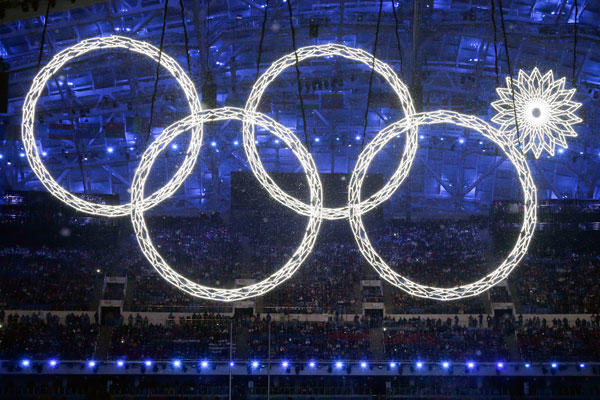
The unending string of hilarious #SochiProblems and daily stories of government gluttony have positioned Russia as a sort of shadow version of the American Way of Life.
Read more »

Does circulating information influence, inflect, or inhibit material relations in empirically verifiable ways? And do strategic interventions in the super-structural sphere actually promote sustainable social effects?
Read more »

"Part Flight of the Conchords, part sincere, part ethnographic in their understanding of how kids’ heads work, and funny, relaxing, and ear-wormy, they are my favorite thing on television."
Read more »

I always thought I would remain a Muppet curmudgeon, raving about authenticity and the good ol’ days of Jim Henson Muppet Mania. But it turns out I’m just a fool in love, unable to deny my heart what it wants: more Muppets.
Read more »

Memories of the late Stuart Hall.
Read more »

Sometimes love surprises us; I never thought I’d love Sons of Anarchy.
Read more »
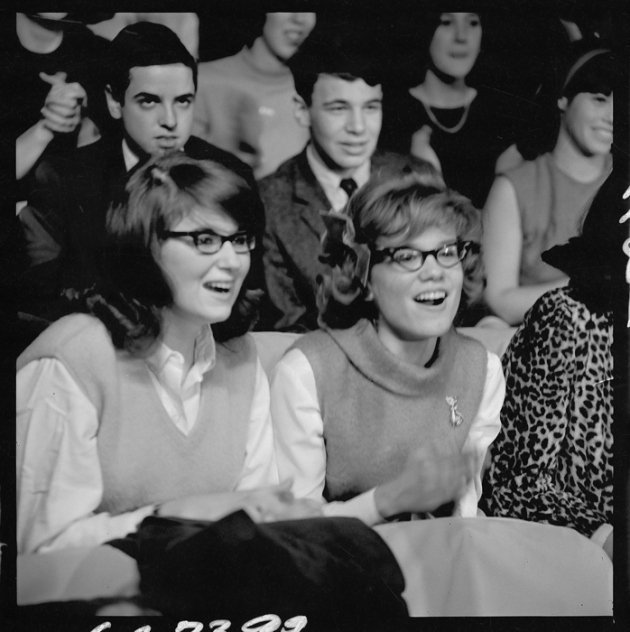
The Beatles appealed to girls through familiar and comforting girl-group discourse, but they also became the “bad boys” who worried parents. Such rebelliousness, however, was managed through androgyny, not conventional masculinity.
Read more »
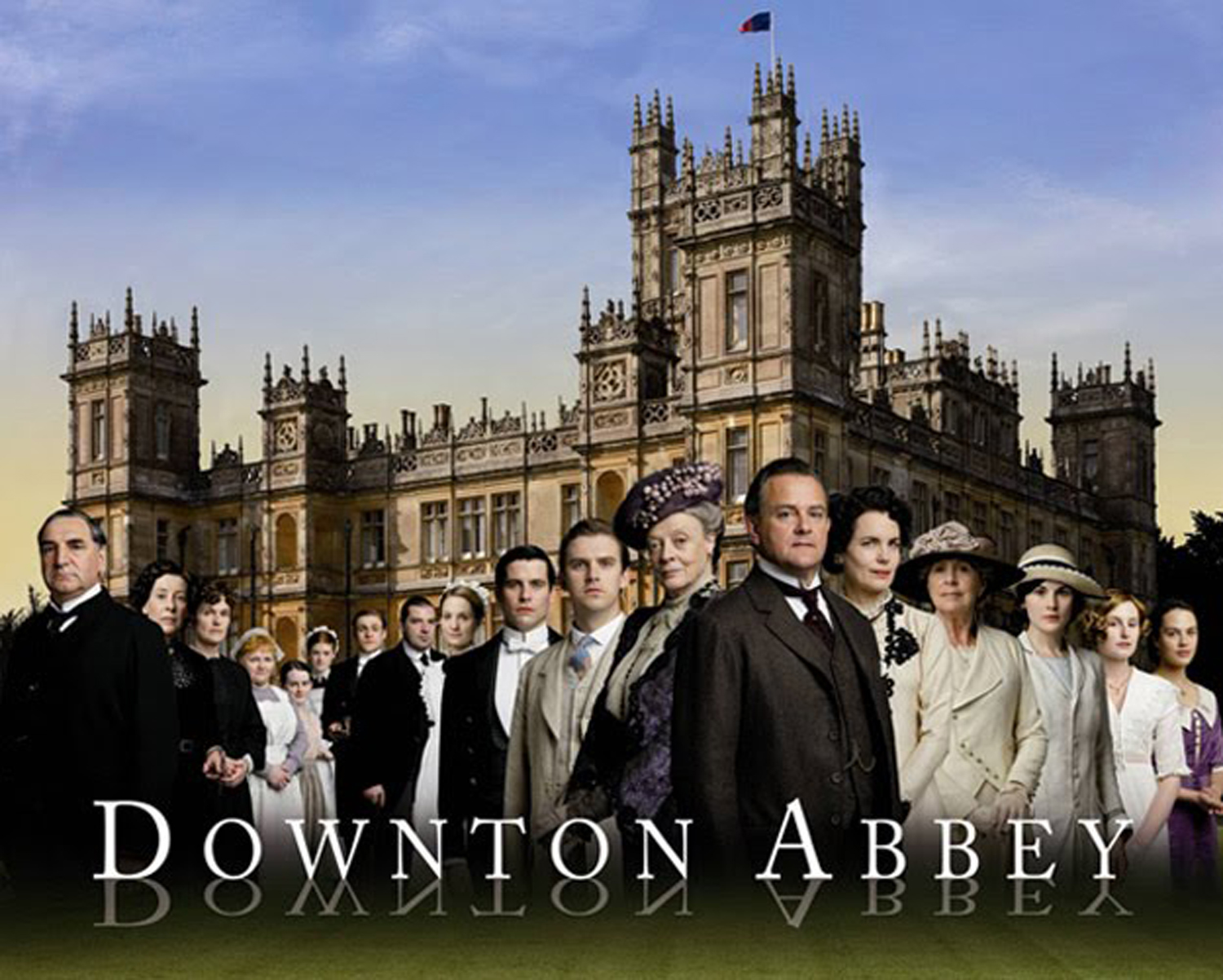
Somewhere in the British/American relationship, a distinct genre of television has originated, which I propose to call “Trollywood.”
Read more »